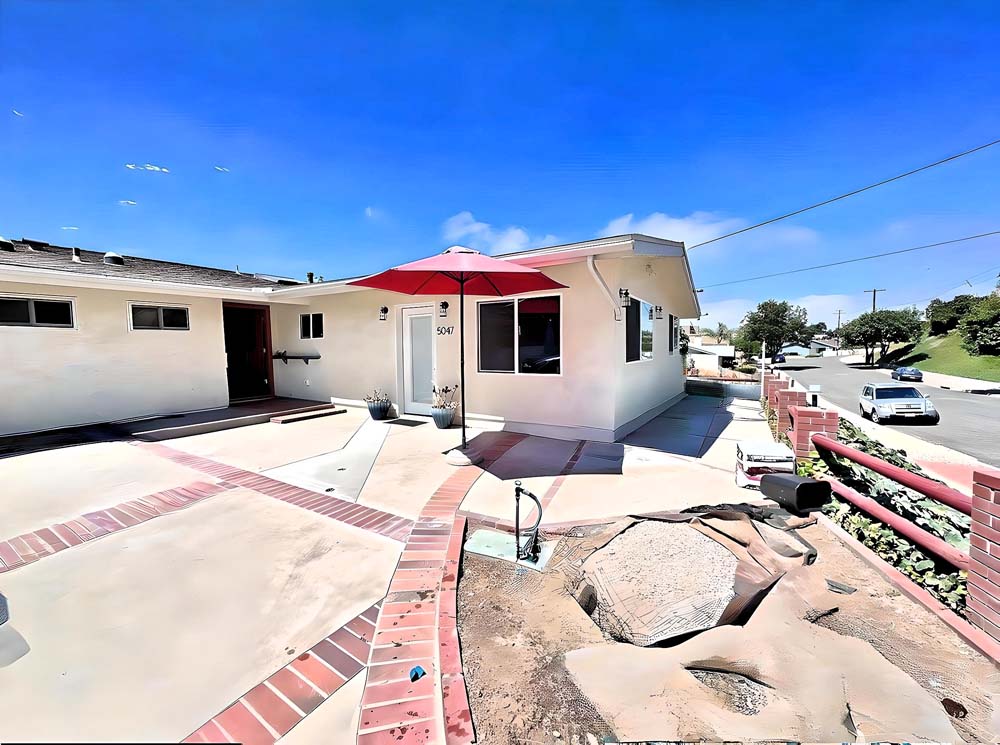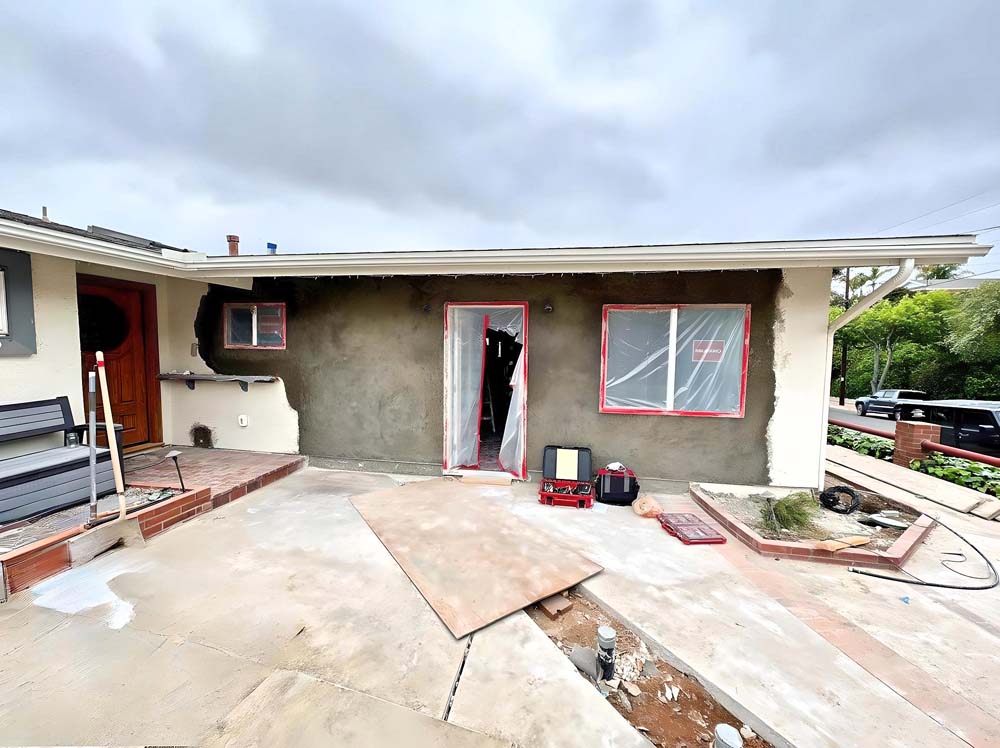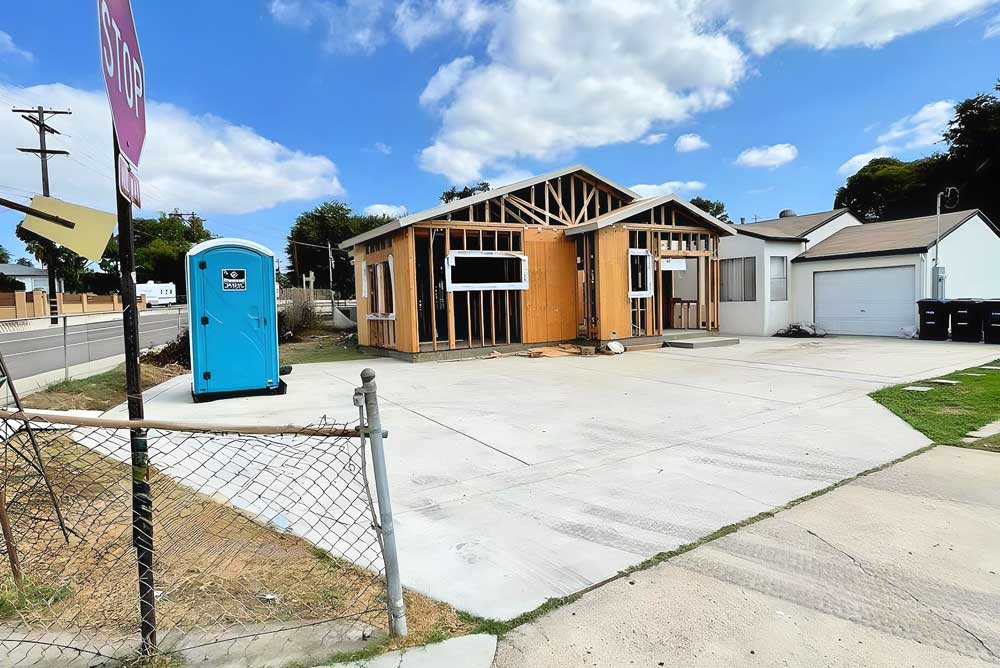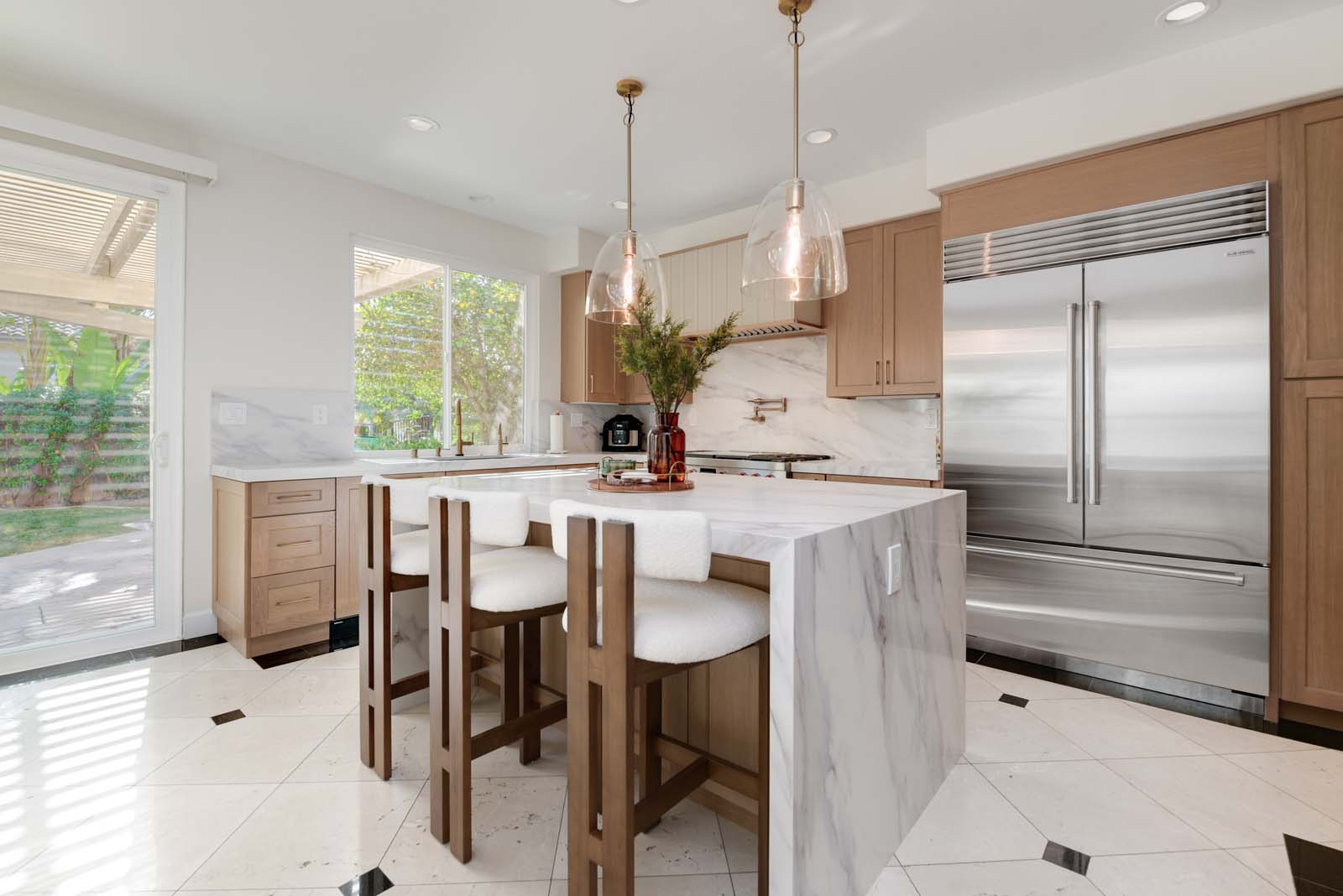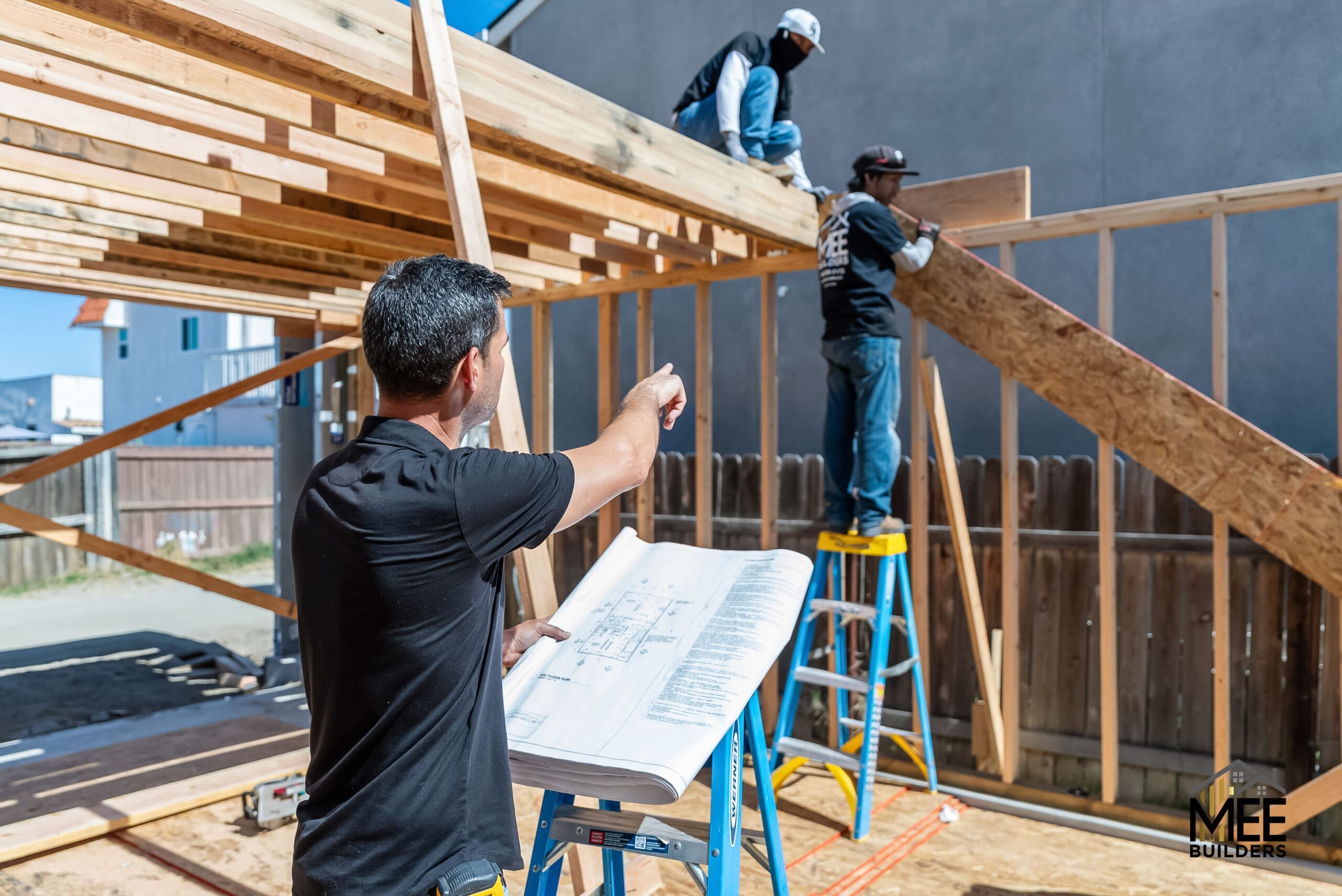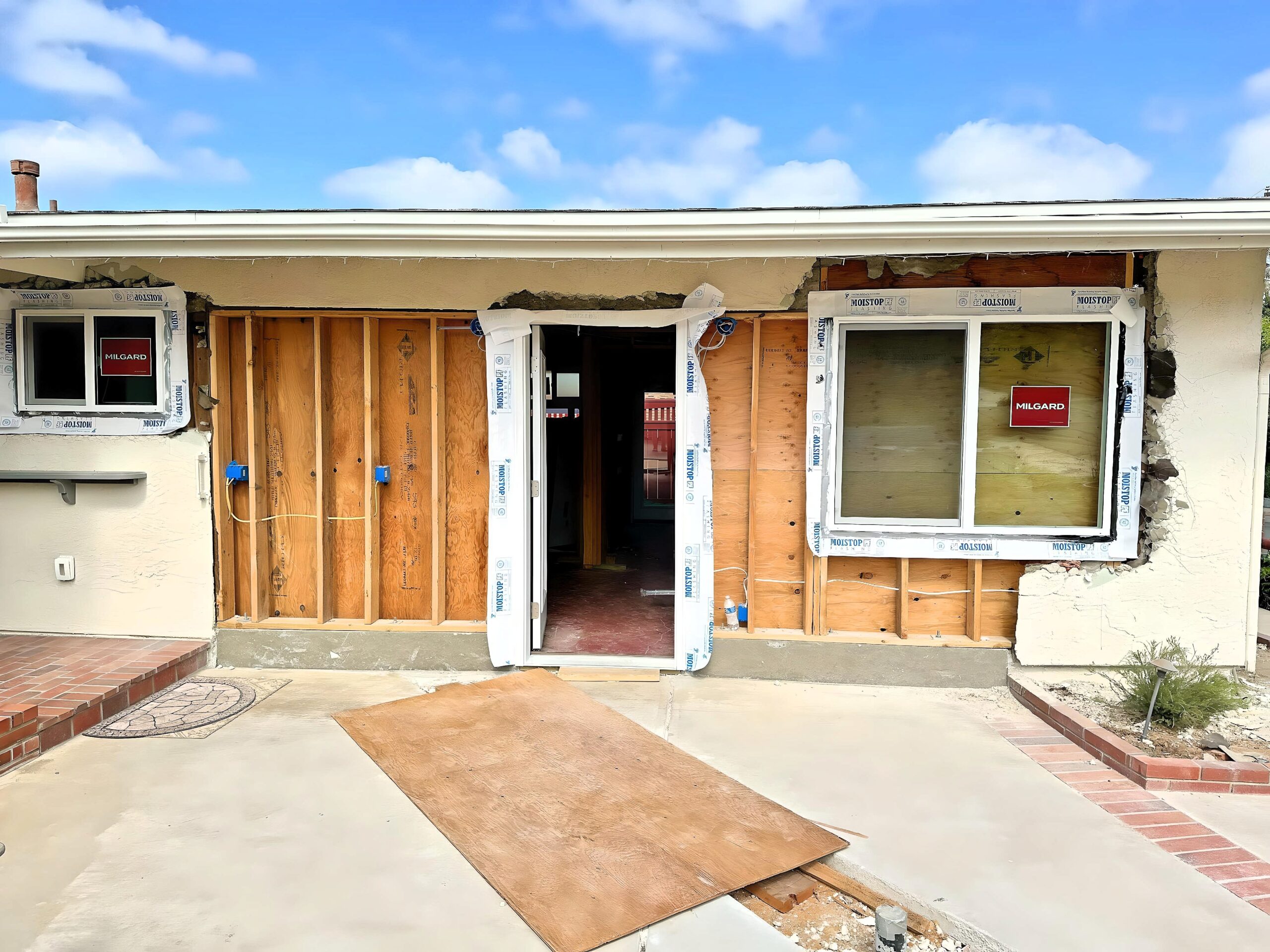How Much Does It Cost to Legalize a Garage Conversion in San Diego?
The real numbers behind bringing your unpermitted garage conversion up to code—and when it’s worth walking away.
You’ve just discovered your home’s “bonus room,” “family room,” or “home office” is actually an unpermitted garage conversion. Maybe you found out during a refinance appraisal. Perhaps a neighbor reported it. Or worse, you received a Notice of Violation from San Diego Code Enforcement. Now you’re facing the question every homeowner dreads: What will it cost to make this legal?
As San Diego’s code violation specialists, we’ve legalized hundreds of garage conversions throughout the county. The truth is, costs vary wildly—from $15,000 for simple situations to over $75,000 for complex cases. This guide breaks down real costs, explains what drives pricing, and helps you decide whether legalization makes financial sense.
The Short Answer: Typical Cost Ranges
Based on our recent San Diego projects, here’s what homeowners typically spend:
Basic Legalization: $15,000 – $25,000
- Conversion mostly meets current code
- Minor electrical and plumbing updates needed
- Standard permit and plan fees
- No major structural changes required
Standard Legalization: $25,000 – $45,000
- Significant code updates required
- Foundation work needed
- HVAC system installation
- Electrical panel upgrades
- Multiple inspections and revisions
Complex Legalization: $45,000 – $75,000+
- Major structural modifications
- Ceiling height adjustments
- Setback or lot coverage issues
- Conversion includes bathroom/kitchen
- Appeals or variances required
When It Exceeds $75,000
Some conversions cost more to legalize than starting fresh. We’ll explain when demolition and rebuild makes more sense.
Breaking Down the Costs: Where Your Money Goes
Understanding cost components helps you budget accurately and avoid surprises:
1. Plans and Engineering: $3,000 – $8,000
Before touching a hammer, you need approved plans:
Architectural Plans: $2,000 – $4,000
- As-built drawings of existing conversion
- Code-compliant modification plans
- Site plans showing setbacks and lot coverage
- Multiple revisions for city feedback
Structural Engineering: $1,500 – $3,500
- Foundation evaluation and calculations
- Roof load assessments
- Seismic upgrade requirements
- Title 24 energy calculations
Additional Consultants
- Soils reports: $1,500 – $2,500 (if foundation issues)
- Survey: $800 – $1,500 (for setback verification)
2. Permit and City Fees: $3,000 – $10,000
San Diego’s fees add up quickly:
Building Permits: $2,000 – $5,000
- Based on valuation of work
- Plan check fees (65% of permit fee)
- Multiple review cycles add costs
Penalty Fees for Unpermitted Work
- Investigation fee: $500 – $1,000
- Penalty assessment: 2-6x normal permit fees
- Re-inspection fees: $250+ per visit
Special Permits and Variances
- Coastal Development Permit: $3,000+ (beach communities)
- Variance applications: $2,000 – $5,000
- Appeals: $1,000 – $3,000
3. Construction Costs: $10,000 – $40,000
The actual work to meet code:
Foundation Upgrades: $3,000 – $15,000
- Garage floors often sit below house level
- Moisture barriers and insulation required
- Perimeter foundation for bearing walls
- Concrete stem walls for lot line windows
Electrical System: $2,500 – $8,000
- Dedicated circuits for room use
- GFCI and AFCI protection
- Panel upgrade (if maxed out): $3,000 – $5,000
- Rewiring to current code standards
HVAC Installation: $3,000 – $8,000
- Extending existing system rarely works
- Mini-split systems for separate zones
- Proper ventilation to meet Title 24
Insulation and Energy Compliance: $2,000 – $5,000
- Wall insulation to R-13 or R-19
- Ceiling insulation to R-30 or R-38
- Dual-pane windows replacement
- Cool roof requirements
Fire Separation: $1,500 – $4,000
- One-hour fire wall to house (if attached)
- 5/8″ Type X drywall throughout
- Fire-rated door to house connection
- Smoke and carbon monoxide detectors
4. The Hidden Costs Nobody Mentions: $2,000 – $15,000
These surprises bust budgets:
Temporary Relocation Costs
- Storage unit during construction: $200/month
- Hotel if work affects entire home: $150/night
- Restaurant meals during kitchen work
Discovery Issues
- Termite damage found during work: $2,000 – $5,000
- Asbestos abatement (older homes): $3,000 – $8,000
- Lead paint remediation: $1,500 – $3,000
- Mold remediation: $2,000 – $10,000
Utility Upgrades
- Electrical service upgrade (100 to 200 amp): $3,000 – $5,000
- Gas line installation: $1,500 – $3,000
- Sewer lateral compliance: $5,000 – $15,000 (if triggered)
Factors That Dramatically Increase Costs
Ceiling Height Problems
The #1 budget killer. Garages often have 7′ ceilings, but habitable space needs 7’6″ minimum.
Options and Costs:
- Lower the floor (if possible): $8,000 – $15,000
- Raise the roof: $20,000 – $40,000
- Variance request (rarely approved): $3,000 – $5,000
Setback Violations
Garages can be built closer to property lines than habitable spaces.
The Problem:
- Garages: 5′ setback allowed
- Habitable rooms: 10’+ setback required
- Your conversion might be illegal regardless of quality
Solutions:
- Variance (if hardship proven): $3,000 – $5,000
- Reduce room size: $5,000 – $15,000
- Demolish and rebuild: $40,000+
Bathroom or Kitchen in Conversion
Adding plumbing exponentially increases complexity:
Extra Costs Include:
- Plumbing permits and plans: $2,000 – $3,000
- Sewer connection: $3,000 – $8,000
- Water heater upgrade: $1,500 – $3,000
- Ventilation requirements: $1,000 – $2,500
- Health department approval (if kitchen): $500 – $1,000
Parking Replacement Requirements
San Diego requires minimum parking spaces. Losing the garage might mean:
Creating New Parking:
- Driveway extension: $3,000 – $8,000
- Carport construction: $8,000 – $15,000
- Variance if impossible: $3,000 – $5,000
Real Cost Case Studies from San Diego
Case 1: The “Simple” Legalization – $18,500
Location: Clairemont
Situation: 400 sq ft conversion, 10 years old, decent condition
Costs:
- Plans and permits: $4,500
- Electrical updates: $2,500
- Insulation upgrade: $2,000
- New windows: $3,000
- HVAC mini-split: $4,500
- Miscellaneous repairs: $2,000
Time: 3 months total
Case 2: The Surprise Problem – $42,000
Location: North Park
Situation: 450 sq ft conversion with unpermitted bathroom
Costs:
- Plans and engineering: $6,000
- Permits with penalties: $8,000
- Raise ceiling height: $12,000
- Complete bathroom legalization: $8,000
- Electrical panel upgrade: $3,500
- Other code updates: $4,500
Time: 6 months total
Case 3: The Budget Buster – $68,000
Location: La Jolla (Coastal Zone)
Situation: 500 sq ft conversion too close to property line
Costs:
- Coastal Development Permit: $8,000
- Variance application and hearings: $5,000
- Architectural redesign (3 rounds): $7,000
- Structural modifications: $25,000
- All code updates: $15,000
- Legal and consultant fees: $8,000
Time: 14 months total
When to Legalize vs. When to Demolish
Legalization Makes Sense When:
- Conversion is less than 10 years old
- Ceiling heights meet minimums
- No major setback violations
- Foundation is sound
- Total cost under $30,000
- You need the living space
Consider Demolition When:
- Legalization exceeds 50% of home value addition
- Multiple variances needed (low approval odds)
- Ceiling height can’t be fixed
- Foundation requires complete replacement
- Code enforcement demands removal
The Third Option: Convert Back to Garage
Sometimes the cheapest solution is reverting to garage use:
- Remove unpermitted elements: $3,000 – $8,000
- Install garage door: $2,000 – $4,000
- Basic permit fees: $1,000 – $2,000
- Total: $6,000 – $14,000
The Timeline Factor: Why Delays Cost Money
Legalization isn’t just expensive—it’s slow. Factor in carrying costs:
Typical Timeline:
- Initial Assessment: 1-2 weeks
- Plan Development: 3-4 weeks
- First Plan Check: 3-4 weeks
- Revisions and Resubmittal: 2-3 weeks
- Permit Issuance: 1-2 weeks
- Construction: 4-8 weeks
- Inspections and Finals: 2-3 weeks
Total: 4-7 months minimum
Meanwhile, You’re Paying:
- Property taxes on non-permitted space
- Higher insurance (if carrier finds out)
- Potential fines ($100/day if under violation)
- Lost rental income if unit vacant
How to Minimize Legalization Costs
1. Act Before Code Enforcement Finds You
Voluntary compliance avoids:
- Penalty fees (2-6x normal permits)
- Rushed decisions
- Expensive expediting fees
- Legal costs
2. Get Multiple Opinions
Different contractors suggest different approaches:
- Some over-engineer solutions
- Others know cost-effective alternatives
- City-approved expeditors save revision costs
3. Bundle With Other Improvements
Already planning renovations? Include legalization:
- Shared permit fees
- Contractor mobilization once
- Economics of scale on materials
4. Consider Partial Legalization
Sometimes you can legalize just the structure:
- Remove bathroom, keep room
- Eliminate kitchen, retain space
- Reduce size to meet setbacks
The Financing Challenge
Your Options:
- HELOC or Cash-Out Refinance – Requires appraisal (problem if unpermitted)
- Personal Loans – Higher rates but faster approval
- 203(k) Renovation Loan – Includes purchase and legalization
- Contractor Financing – Some offer payment plans
The Catch-22:
Banks won’t lend on unpermitted space, but you need money to permit it. Solution: Some lenders offer construction loans for legalization.
The Bottom Line: Is It Worth It?
Calculate Your ROI:
- Cost to Legalize: $30,000
- Added Legal Square Footage: 400 sq ft
- Value per Square Foot in Your Area: $300
- Potential Value Add: $120,000
- Net Gain: $90,000
But Also Consider:
- Peace of mind from legal compliance
- Ability to sell without issues
- Insurance coverage validity
- No code enforcement threats
- Potential rental income (if ADU)
Red Flags: When Contractors Mislead
Beware Contractors Who Say:
- “We don’t need permits for this”
- “I can make it legal for $5,000”
- “The city will never find out”
- “Permits are just a money grab”
- “I know someone at the city”
Get Everything in Writing:
- Detailed scope of work
- Who pulls permits (should be contractor)
- Who pays penalties if found
- Timeline with milestones
- Payment tied to passed inspections
Your Next Steps
If you’re facing an unpermitted garage conversion:
- Don’t Panic – You have options
- Get Professional Assessment – Know your real situation
- Check Permit History – Understand what’s documented
- Budget Conservatively – Add 20-30% contingency
- Act Quickly – Costs increase with code updates
Free Phone Consultation Available
Wondering about your specific situation? MEE Builders offers free initial consultations for garage conversion legalization. We’ll review your situation, explain your options, and provide a realistic cost range—no obligation.
Frequently Asked Questions
Can I just ignore it until I sell?
What if previous owners did the conversion?
Will my property taxes increase?
Yes, once legalized. But you’re already at risk for back-assessment if the county discovers the unpermitted space.
Can I do some work myself to save money?
Limited. Structural, electrical, and plumbing require licensed contractors. You might handle insulation, drywall, and painting.
What if I can't afford to legalize?
Options include: payment plans, phased approach, converting back to garage, or selling to cash buyers who accept the issue.
